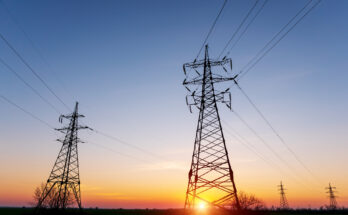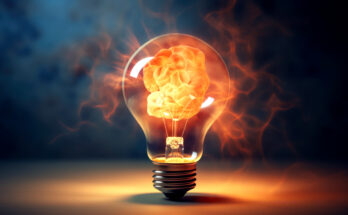The West’s economic reprisal for Russia’s invasion of Ukraine has been unprecedented
Russia has invaded Ukrainian territory. As a result, Western countries and their allies have placed more stringent sanctions on Russia. In varied degrees of Vigor, these efforts are aimed at preventing Russia from accessing Western financial markets and technological innovations, as well as commerce and assets.
There have been considerable sanctions against Russian ally Belarus, but Western nations have mostly focused their efforts on Russia. Several nations have imposed sanctions on Russian powerbrokers, but Europe’s major discussion has focused on the potential of separating Russian and European energy supply.
Russian gas supply is under scrutiny
One of Germany’s first actions against Russian energy dominance in Europe was the cancellation of the licensing of the nearly constructed Nord Stream 2 project. Despite this, Russia continues to rely on the Nord Stream pipeline to provide its gas to central Europe.
In certain nations, Russia contributes more than 40% of the EU’s gas. The Czech Republic and Latvia use all of their gas from Russia, which provides Germany with 65 percent of its gas needs. Because of Italy’s dependence on Russian gas and its precarious economic situation, the country has expressed opposition to a reduction in gas imports in the near future.
Despite obtaining majority of its gas from Russia, the Baltic countries closest to the country have advocated for stronger controls. As a result, the EU is divided on how to reduce Russia’s gas usage as quickly as possible.
The United States, United Kingdom, Canada, Japan, Australia, and other allies imposed penalties on Russia as EU leaders prepared for talks at a special summit. In many cases, the restrictions on Russian enterprises’ ability to raise capital in Western nations were aimed at the financial institutions in those countries. Russia’s oil operations may notice the prohibition on refinery equipment sales more directly, notwithstanding the fact that this will have an indirect impact on Russian project funding.
It was nevertheless requested by Ukraine’s government to intensify sanctions, particularly in the energy sector. On his approach to a European Council extraordinary session on Thursday, Poland’s Prime Minister Mateusz Morawiecki told reporters that he had had “enough of this cheap speech.”.
The EU’s sanctions on Russia were announced at the summit’s conclusion. Most Russian banks were subject to tighter financial restrictions, and visas for Russian citizens were also restricted, as was the sale of aircraft manufacturing components. President Ursula von der Leyen of the European Commission has mentioned prohibiting the export of EU-made oil refining equipment.
“The tools that are being outlawed are vital to refine oil,” she said at a news briefing. It’s impossible to get a similar instrument anywhere else in the world since these instruments are handcrafted in Europe. As a result, Russia will suffer a decline in refined oil earnings and no way to resell it.
Secondly, we must realize that our dependence on Russian fossil fuel is excessive. Russian gas, oil and coal have shown to be unreliable suppliers and we must do everything we can to lessen our reliance on Gazprom and its products.” Our dependence on Russian fossil fuel should be highlighted on the second page of the report. We must do all we can to lessen our reliance on Russian gas, oil, and coal, since Gazprom has shown itself to be an unreliable provider.
Europe and Russia’s long-term economic isolation
The European Union has done more to promote the energy transition than any other international organization or country. This is largely due to the fact that energy independence from Russia is in its political interests, as recently stated by European Council President Charles Michel. However, although von der Leyen stressed the significance of a smooth transition, she and Michel did not mention efforts to accelerate the already ecologically inadequate speed of the EU’s development plans.
“In the medium and long term, we must have a clear plan for being entirely independent on Russian fossil fuel,” she said. One option is to collaborate with LNG suppliers; we already have terminals and a pipeline network in place across the EU. As a result, wherever LNG arrives, we can transport it across the EU. However, there is another significant benefit in that same infrastructure may be utilized for green hydrogen in the long run.
Our new slogan is “We must get rid of Russian gas and deepen our commitment to renewables.” “This will be the policy that we must intensify,” says the president.





